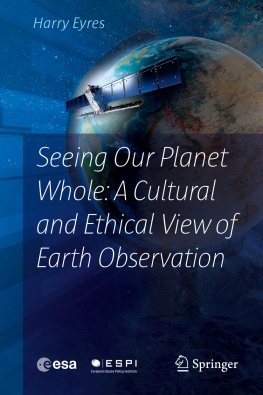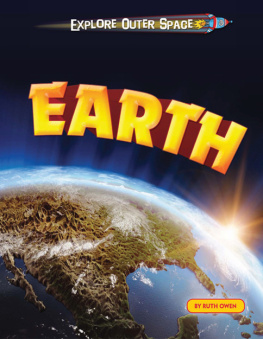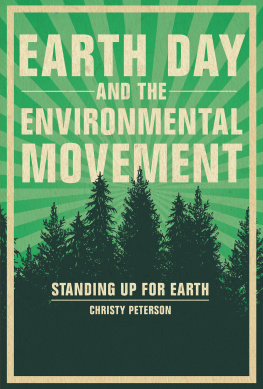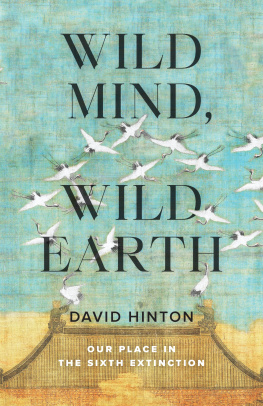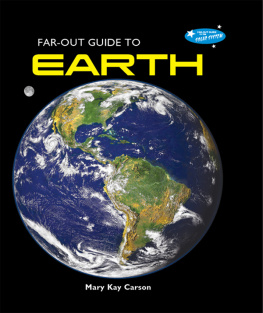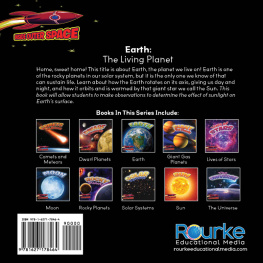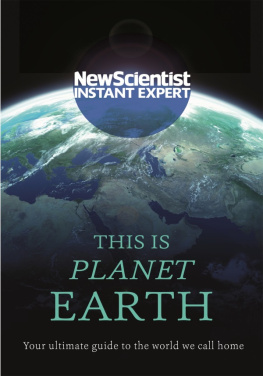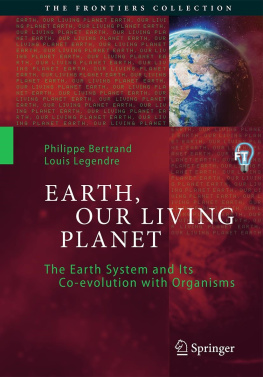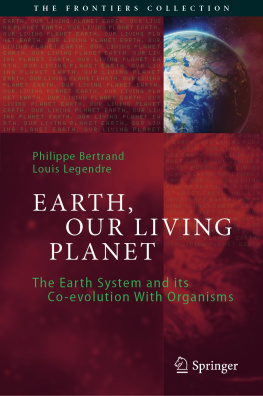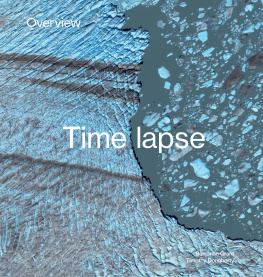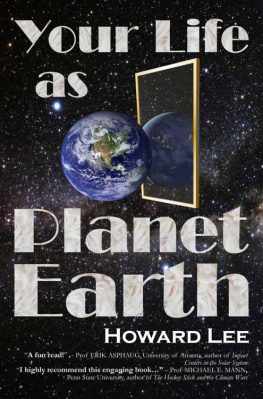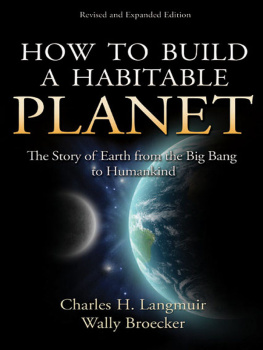1. Introduction
Italo Calvinos short novel The Baron in the Trees, set in Liguria in the eighteenth century, is the tale of a boy, Cosimo, who climbs a tree after an argument with his sister and decides never to come down. He manages to live a self-sufficient life in the treetops. The philosopher Voltaire hears of his exploits and asks Cosimos brother Biagio whether Cosimo went to live in the treetops in order to be nearer to the sky. Biagio replies: My brother considers that anyone who wants to see the earth properly must keep himself at a necessary distance from it.
Cosimos act of distancing himself from ordinary society is not a retreat from it. On the contrary, from his arboreal standpoint he is passionately concerned with helping and reforming his fellow humans. As his brother Biagio comments, Cosimo lived almost as closely with us as he had before
Cosimo can be seen as a pioneer of Earth Observation, and of its revolutionary potential to be a friend to both nature and mankind. Earth Observation in turn can be seen as one of a number of scientific and philosophical tools discovered in the last century and a half which have enabled human beings to observe themselves and their environment from a necessary distance. Others are evolutionary biology, genetics and psychoanalysis.
Know Thyself
Earth Observation, together with the various natural and social scientific disciplines, can be considered part of an ongoing project of knowing and understanding ourselves and our environment. This project was initiated in the West in two words inscribed above the entrance to the temple of Apollo at Delphi in ancient Greece, gnothi seauton or know thyself.
If such a project were easy, there would be no need to be reminded of it. The earliest Western philosopher of whom we have an extensive record, Socrates, took this project to heart. Initially, he tells us, he was interested in what we would now call natural scientific inquiry, how the world worked, what it was composed of and so on. But this always led to a still greater mystery, the workings of the human mind and soul. Socrates decided to leave his scientific enquiries on hold and concentrate on metaphysics and psychology.
Socratess misgivings about natural scientific enquiry may seem misguided considering the enormous achievements of western science especially in the last 400 years. However, despite our great advances, equally vast areas of ignorance remain. As Galileo said, the small amount of understanding he might have achieved only made him consider the immense amount he did not know. Galileos humility chimes with the recognition by contemporary astrophysicists that close to 95 % of the universe, consisting of dark matter and dark energy, remains completely unknown.
The example of Galileo may also serve to remind us of the obfuscatory power of human institutions and ideologies. The Catholic Church took over 350 years to recognise the validity of Galileos observations confirming the Copernican heliocentric theory. The seventeenth century Archbishop James Usshers dating of the creation to 4004 BC was upheld by many theologians until the middle of the nineteenth century.
But before we pride ourselves on our superior knowledge, we might pause to wonder whether we ourselves could be wearing comparable ideological blinkers. For the last four hundred years or so, we in the West at least have been under the influence of the new kind of natural philosophy announced by Francis Bacon, opening the way to the scientific revolution. This would dethrone ancient authority, especially the Bible and the work of Aristotle, as the basis of knowledge and replace it with empirical observation. At the same time it would set no limits on the exploitation of nature for human ends. We may be reaching a point where the two prongs of the Baconian experiment are twisting apart: science itself is telling us that the unbridled exploitation of the natural world cannot be continued ad infinitum.
Observing the Earth as a Totality
People of course have always observed aspects of their immediate and more distant environment; we evolved from forest-dwelling apes into cave-dwelling humans not without close observation of our surroundingsof the plants which might nourish or harm us, of predatory animals which might prey on us and others on which we might prey, of the changes of the seasons and the vagaries of the weather. From earliest times no doubt human beings also looked up into the sky, observed and wondered at the heavenly bodies.
Earth Observation, however, refers to the ability to view the earth as a totality, a single living globe, the only heavenly body so far discovered which can sustain life; our home planet: our single almost certainly irreplaceable home. In this sense Earth Observation is a very recent phenomenon, dating back to the launch of the first satellites with observational capacities in the 1960s.
As Italo Calvinos beautiful tale implies, when we are too close to anything (as are most of the inhabitants of Liguria, immersed in their petty squabbles), we cannot observe it properly; as the popular saying goes, we cannot see the wood for the trees. Likewise when we are too far away, too much detail is lost; the detachment is too great. Earth Observation provides us with the necessary distance to get a clearer view of things, to see the Earth as a whole, and to assess changes on local, regional and planetary scales, from shifting patterns of vegetation in one particular woodland to deforestation in tropical rain forests, the melting of glaciers and icecaps and changes in the level and temperature of the oceans.
The relatively new science of ecology teaches us that everything is connected. Life on earth is a set of intimately and intricately interconnected relationships. Human beings have always known they depended on clean air to breathe, water to drink, a climate neither too icy nor too torrid, food to forage, hunt or grow. We are only just beginning to become aware of the complex interdependence of species and habitats. For instance, scientists studying sperm whales have begun to understand the very important role vast cetaceans play in recycling small marine organisms from deeper to shallower waters. This is no doubt only one of innumerable such interrelationships; it is also one which can be monitored (in terms of whale populations) using satellites.
The Ecological Crisis
For decades now, scientists have been warning of an ecological crisis, caused by our own impacts and actions. The crisis is complex and multi-dimensional.
In the early 1960s the biologist and journalist Rachel Carson sounded the alarm about the overuse of chemical pesticides. Some of the products have been banned, but the poisoning of the earth, oceans and atmosphere continues. Levels of DDT found in Adelie penguins in Antarctica are the same as thirty years ago.
From the 1970s onwards, the signs became manifest that human greenhouse gas emissions were warming the climate. The vast body of scientific research done since then, and collated by the IPCC in its reports, has confirmed the initial fears. The actual and potential effects of climate change, ranging from sea level rise, partly caused by the melting of the Greenland and Antarctic ice sheets, to glacier melt, to increased risks of drought and extreme weather events, are extremely wide-ranging and potentially devastating.
Other atmosphere-borne threats, apart from the build-up of greenhouse gases, have been apparent since the 1970sacid rain and damage to the ozone layer. The increasing concentrations of CO2 in the atmosphere were found, especially from the early 2000s, to be reflected by the acidification of the oceans.

